
Discover more from Brad DeLong's Grasping Reality
CONDITION: Trying to squeeze space in my calendar for: The Economic History of Textiles and Fashion: 2022-01-10 Mo 10:00 PST <https://engage.gsas.harvard.edu/event/7639221> <https://harvard.zoom.us/j/96269644942>
First: Trying to Grasp the Reality of China Today
Like me, Noah Smith is trying to become, not a China expert, but less China-ignorant. I would add Barry Naughton <https://gps.ucsd.edu/faculty-directory/barry-naughton.html> and Yingyi Qian <http://voxchina.org/show-4-41.html> to the first rank of those with accessible expertise on the Chinese economy today:
Noah Smith: Six Books on China: ‘If you want true expertise on that country’s economy, I suggest checking out:
Dan Wang <https://twitter.com/danwwang>,
Damien Ma <https://twitter.com/damienics>,
Shuli Ren <https://twitter.com/shuli_ren>,
Liqian Ren <https://twitter.com/liqian_ren>,
Victor Shih <https://twitter.com/vshih2>, and
George Magnus <https://twitter.com/georgemagnus1>….
[But] I try to read…. So I thought I’d write some reviews of the most recent books I’ve read….
(1) Factory Girls: From Village to City in a Changing China, by Leslie T. Chang <https://archive.org/details/factorygirlsfrom0000chan>…. Really the standout of the bunch… the quality of the writing… grubby intermediate stage, with all its hideous inequality and desperate exploitation… the reward[s] of hypergrowth….
(2) China in Ten Words, by Yu Hua <https://archive.org/details/chinaintenwords008800>… about the Cultural Revolution… a strangely detached tone toward those terrible events, a little like Kurt Vonnegut does in Slaughterhouse Five<https://archive.org/details/slaughterhousefi0000vonn_s1h9>….
(3) The Party: The Secret World of China’s Communist Rulers, by Richard McGregor <https://archive.org/details/partysecretworld00rich>…. 1984… turned… into a detailed how-to manual…. At its heart, the CCP is just a mafia… that has grown to an absolutely stupendous size….
(4) Red Flags: Why China’s Xi is in Jeopardy, by George Magnus…. Prophecies that have now largely come to pass. George Magnus has been following China’s economy for decades…. <https://www.youtube.com/watch?v=IBWPWM1vol4>
(5) The Myth of Chinese Capitalism: The Worker, the Factory, and the Future of the World, by Dexter Roberts <https://www.dexterroberts.com/the_myth_of_chinese_capitalism__the_worker__the_factory__and_the_future_of_the_wo_.htm>…. It is about how completely and utterly capitalist China became during the decade of the 2000s….
(6) The Hundred-Year Marathon: China’s Secret Strategy to Replace America as the Global Superpower, by Michael Pillsbury <https://archive.org/details/hundredyearmarat0000pill>…. The least helpful… annoying cultural essentialism… rela[ing]e every Chinese plan or tactic or worldview to some concept from the Warring States period….
So there you have it: Five books about China. I’ve already got four of the next five lined up: China’s Gilded Age: The Paradox of Economic Boom and Vast Corruption, by Yuen Yuen Ang <https://www.youtube.com/watch?v=7kaItpDD_Hs>. China’s Economy: What Everyone Needs to Know, by Arthur Kroeber <https://china-economy-book.com>. One Child: The Story of China’s Most Radical Experiment, by Mei Fong <https://vimeo.com/149053910>. Leftover Women, by Leta Hong <https://archive.org/details/leftoverwomenres0000hong>. If you have any suggestions for what the fifth should be, please let me know! It would be nice to read something very recent, that deals with the changes being wrought under Xi Jinping…
LINK:
My big problem is that I have been wrong about China for forty years now. I have been—consistently—a believer that China’s current development model (whatever it happened to be at the time) had five, maybe ten years to run. But, I have always believed, the closure of society that the maintenance of party domination requires will break the developmental model. Energies that would otherwise be entrepreneurial will be devoted to ascending within the party, controlling non-party elements, and bribing the party to leave your business alone. And that is when those with entrepreneurial energy do not decide to just leave, and set up shop elsewhere. China’s development model was, after all, only rescued in its first decade by the existence of Hong Kong’s entrepreneurial class, and its willingness to play ball. It was only rescued in its second decade by the existence of Taiwan’s entrepreneurial class, and its willingness to play ball. It was only rescued in its third decade by the willingness of the WTO to play ball with China’s development model. And it has only been rescued in its fourth decade by various low-quality investment bubbles.
Still, the system has held together. China has managed to mobilize resources on a truly titanic scale. And it has created a bourgeoisie—a bourgeoisie that has not felt that it has the need or the power to flex muscles for political dominance, but has been willing to focus, on an individual case-by-case basis, in cementing protective links with their party-side patrons.
I keep reaching for historical analogies, and I don't find any good ones. The rising bourgeoisie of Europe's imperial-commercial age led to the development of the absolutist monarchies that, in Engels’s famous formulation, held the balance between their aristocratic-military-police-control classes and their wealth=creation classes: the “relative autonomy of the state”. But it was those monarchs that ceded power to and promoted the rise of the bourgeoisie most rapidly that were by far the most successful in the long run. The relative autonomy of the state was real, but, where it was exercised in favor of the aristocracy, consequences for development or destructive for national development.
(Prussia is the only exception. But that is because in 1814 Austrian Foreign Minister Metternich handed the Junkers and the Hohenzollerns the Rhineland and the Ruhr. Metternich, fighting the last war, thought it very important that Prussia be more focused on containing France than Austria. Big long-run mistake—not in Metternich’s day, but a generation after his forced retirement. Do note that, had I been on Henry Kissinger’s dissertation committed, I would have rejected the dissertation without a chapter on the long-run consequences for the Austrian Empire of handing the most economically dynamic regions of greater Germany to Prussia.)
And later analogies than in the 1500-1770 imperial-commercial age? 1870-1914 Wilhelmine Germany is obvious, but totally inadequate.
And, without good historical analogies to rest myself on, I confess that my own attempts to grasp the reality of China in my mind have all proven very inadequate, although I have tried:
<https://youtu.be/npukcA6916U>
<https://youtu.be/B5hDqyxlMdg>
<https://youtu.be/DXNCE__FjXk>
One Video:
Author: Inside Intel’s Bold $26 Billion U.S. Plan To Regain Chip Dominance: <https://www.youtube.com/watch?v=PtSSoZW19vs>
One Picture: Russia:
Very Briefly Noted:
Robert Farley: 5 Places Where World War III Could Erupt in 2022: ‘5 Places Where World War III Could Erupt In 2022…. Ukraine… Taiwan… Iran… North Korea… Himalayas… LINK: <https://www.19fortyfive.com/2022/01/5-places-where-world-war-iii-could-erupt-in-2022/>
Megan Greene: Betting on Transitory Us Inflation Is Still Valid: ‘Fiscal drag, shrinking savings and weak foreign demand are likely to ease an overheated economy… <https://www.ft.com/content/62ef08f8-107e-4e80-b972-f624d7e1836e>
Samuel Axon: Mac Architecture Lead Jeff Wilcox Defects to Intel to Design New SoCs: ‘It’s a homecoming for Wilcox, who left Intel for Apple in 2013… <https://arstechnica.com/gadgets/2022/01/apple-loses-a-key-mac-silicon-executive-to-intel-amidst-m1-transition/>
Wikipedia: Philippine de Rothschild <https://en.wikipedia.org/wiki/Philippine_de_Rothschild>
William F. Buckley (1957): Why the South Must Prevail<https://adamgomez.files.wordpress.com/2012/03/whythesouthmustprevail-1957.pdf>
Andrew Carnegie (1889): The Gospel of Wealth <https://www.carnegie.org/about/our-history/gospelofwealth/>
Christopher Marlowe: The Jew of Malta <https://www.gutenberg.org/files/901/901-h/901-h.htm>
Joe Biden & Kamala Harris: Jan. 6 Anniversary <https://www.wral.com/biden-harris-speak-on-jan-6-anniversary/20065554/>
The Economic History of Textiles and Fashion: 2022-01-10 Mo 10:00 PST <https://engage.gsas.harvard.edu/event/7639221> <https://harvard.zoom.us/j/96269644942>
Paragraphs:
Doris Geide-Stevenson & Alvaro La Parra Perez: ‘Based on an extensive survey of the members of the American Economic Association this paper compares consensus among economists on a number of economic propositions over four decades. The main result is an increased consensus on many economic propositions, specifically the appropriate role of fiscal policy in macroeconomics and issues surrounding income distribution. Economists now embrace the role of fiscal policy in a way not obvious in previous surveys and are largely supportive of government policies that mitigate income inequality. Another area of consensus is concern with climate change and the use of appropriate policy tools to address climate change…
John Gruber: Intel Braggadocio: ‘[Intel’s] Core i9 may well be faster, but it uses way more power than the M1 Max. You could never fit that chip in a design like the new MacBook Pros. This is a chip for big heavy laptops with big loud fans. I’m sure some people like that tradeoff, but folks at Apple will look at these chips and think “Yeah, this is exactly why we divorced Intel”…
LINK: <https://daringfireball.net/linked/2022/01/06/intel-braggaodocio>
Paul Campos: Epiphanies: ‘What linked the communist left and the fascist right a century ago was a deep conviction that the liberal democratic order had failed, because it was nothing but an ultimately nihilistic charade, designed to advance the corporatist interests of a thoroughly decadent power elite, and that at all costs and by any means necessary this elite had to be destroyed. Plus ca change… LINK: <https://www.lawyersgunsmoneyblog.com/2022/01/epiphanies-2>
Financial Times Editorial Board: How to Avert Another US Capitol Siege: ‘Having failed to achieve so much as a peaceful transfer of power (the sine qua non of a democracy) the US faces the question of how to avoid a repeat. The first priority is to continue the congressional probe into the events of that day…. Electoral reform, currently stalled in Congress, would make it harder for state and local authorities to abridge the right to vote. A blend of pressure and regulation on social media platforms could slow the proliferation of dangerous nonsense. Prosecuting those involved in the siege to the limit of the law is also likely to have some deterrent effect…. These and other changes are necessary. But to dwell on legislative or technical reforms is to avoid the larger issue: a Republican party that has become ever more estranged from civilised politics…
LINK: <https://www.ft.com/content/e047fb83-c9ae-4ca4-af14-77bf8f64fee7>
David Wallace-Wells: America’s Omicron Wave Now Looks More Severe Than Europe’s: ‘In South Africa, cases peaked just four weeks after the wave began, and in London, the wave has turned now too. In South Africa, the picture of severity was even more encouraging…. But while this is all encouraging, it is not clear that those same patterns observed abroad will hold here in the U.S. In fact, there are already early signs in hospitalization and ICU data that the experience of Omicron in America may be harsher than has been observed so far in Europe…. Delta was much more lethal in the U.S. than in Europe…. With Delta, many Americans observed a miraculously light British wave and effectively ignored the real carnage that followed here—100,000 Americans dead, and September and October was the deadliest two-month phase of the pandemic outside of last winter’s horrific surge…. “I’m very reluctant to quote, unquote, ‘learn’ anything from what South Africa and the U.K. experienced,” says Brigham and Women’s Hospital emergency physician Jeremy Faust. “There’s different levels of vaccination. There’s different levels of mitigation…. It’s a different time of year”…
Brian Buetler: Down with the Sixthness: ‘1. Thursday was proof of concept that the fight to save democracy can galvanize the party, and capture the public imagination. 2. But words don’t matter nearly as much as deeds, and on the legal front, many ominous signs remain. 3. The legislative front is highly uncertain, too, but there have been some positive developments, and at the very least Democrats won’t allow Joe Manchin and Kyrsten Sinema to kill democracy protection quietly…
LINK: <https://us19.campaign-archive.com/?u=8855a23519ab892dfe2cd34f6&id=4729458ac5>
Charlie Sykes: Ted Cruz & the Politics of Groveling: ‘It was, in short, a display of performative sycophancy that would have made even Lindsey Graham blush. In that sense, it was an iconic moment of the politics of Trumpist self-humiliation, which we have seen so often. But, it is still amazing. These are United States senators. They are powerful men. And even if they were not, one might expect at least a modicum of self respect. A residual sense of personal pride. A trace of dignity, that might lead them to draw a line they would not cross. But no…
LINK:
PAID SUBSCRIBER Only Content Below:
I was having coffee with Richard Thaler. “How much of EvoPsych will replicate?” he asked me. We agreed: damned little—and that is damned little of the EvoPsych that actually has reasonable experiments conducted today. Yet I, at least, find myself under an irresistible compulsion to try…
The mitochrondrial-y-chromosome DNA pattern is a thing: over the past 100,000 years or so, effective male population sizes 1/3 of effective female population sizes, with this enormous relative depression in the effective male population size down to 1/20 of the female population size centered around 5000 years ago. Over our entire recent, history, y-chromosome variant lineages are not emerging as fast as they should if as many males are breeding as females—suggesting moderate polygyny. And things go totally haywire in the period centered on 5000 years ago. Or so we think:
Tian Chen Zeng, Alan J. Aw, & Marcus W. Feldman: Cultural Hitchhiking & Competition Between Patrilineal Kin Groups Explain the Post-Neolithic Y-Chromosome Bottleneck: ‘An abrupt population bottleneck specific to human males has been inferred across several Old World (Africa, Europe, Asia) populations 5000–7000 BP…. We propose a sociocultural hypothesis, involving the formation of patrilineal kin groups and intergroup competition among these groups…. Our hypothesis is consistent with current findings from the archaeogenetics of Old World Eurasia, and is important for conceptions of cultural and social evolution in prehistory.…
LINK: <https://www.nature.com/articles/s41467-018-04375-6.pdf>
A move from 1/3 to 1/20 is a proportional move of ln(2). A thousand years is roughly 25 generations. If this extra extinction process takes 4000 years, that means that each generation there is an extra 2% chance that your entire y-chromosome lineage group gets wiped out completely. Violent death, castration, or mate-deprivation have to differentially happen to men. And if, say, two-thirds of these nasty things that men do to one another happen within the y-chromosome lineage group (because that is who is nearly), that means that 8% of men each generation have to wind up mate-deprived in ways that hit their entire lineage group. That is what you need. And that needs to go for 4000 years in order to wipe out all except ln(-2) of the expected male y-chromosome lineages. And this is in addition to the factors that keep the “normal” effective male population size at 1/3 of the female.
It is hard to see how this leads us to any story other than “cattle, women, slaves, and eunuchs” not necessarily as the, but as a principal mode of human history from -10,000 to -3,000 years ago. We know what happened -10,000 years ago: agriculture and herding. But what happened -3000 years ago?






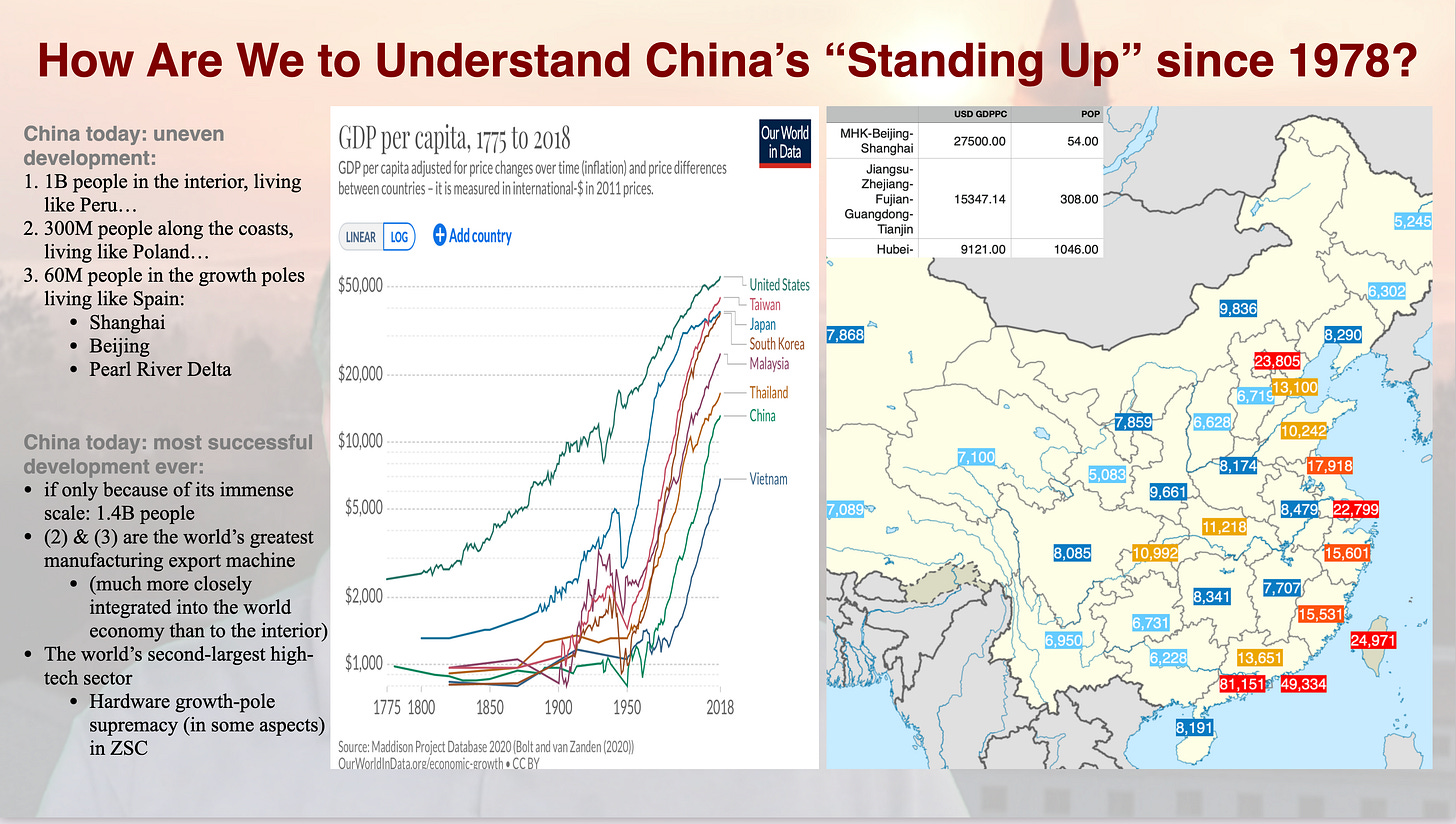


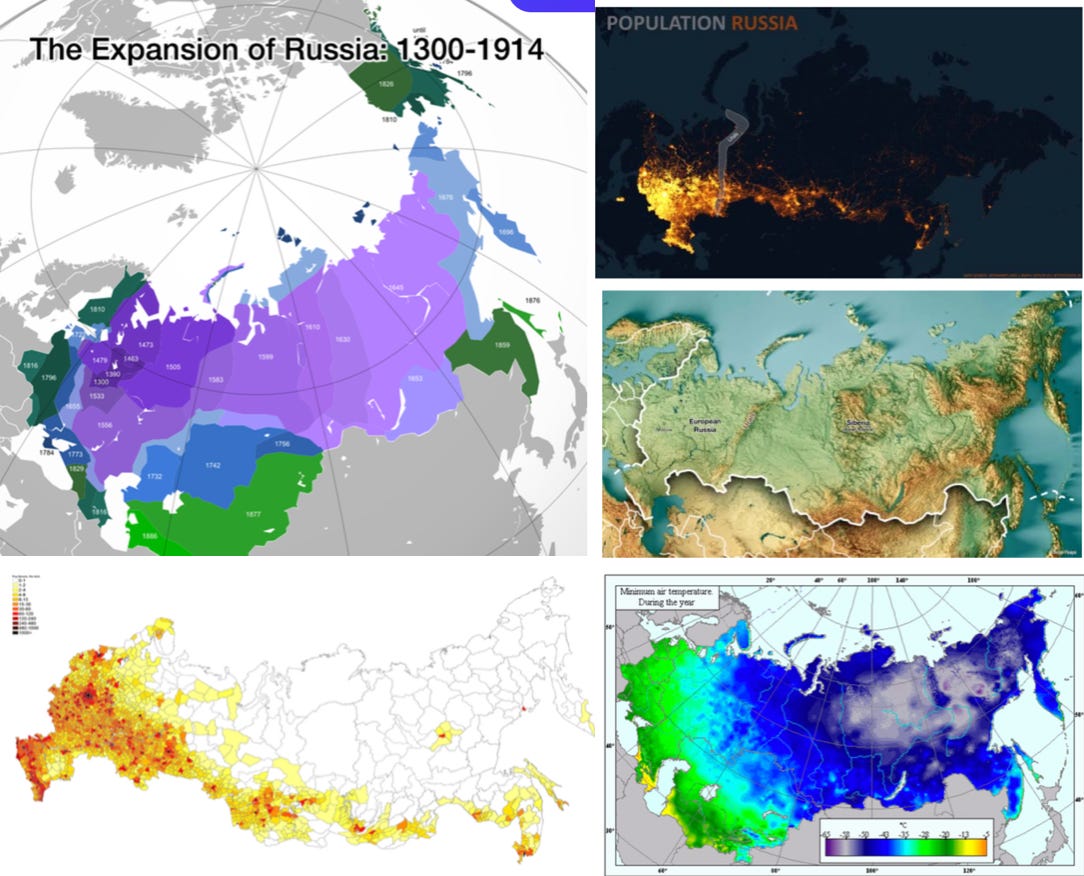

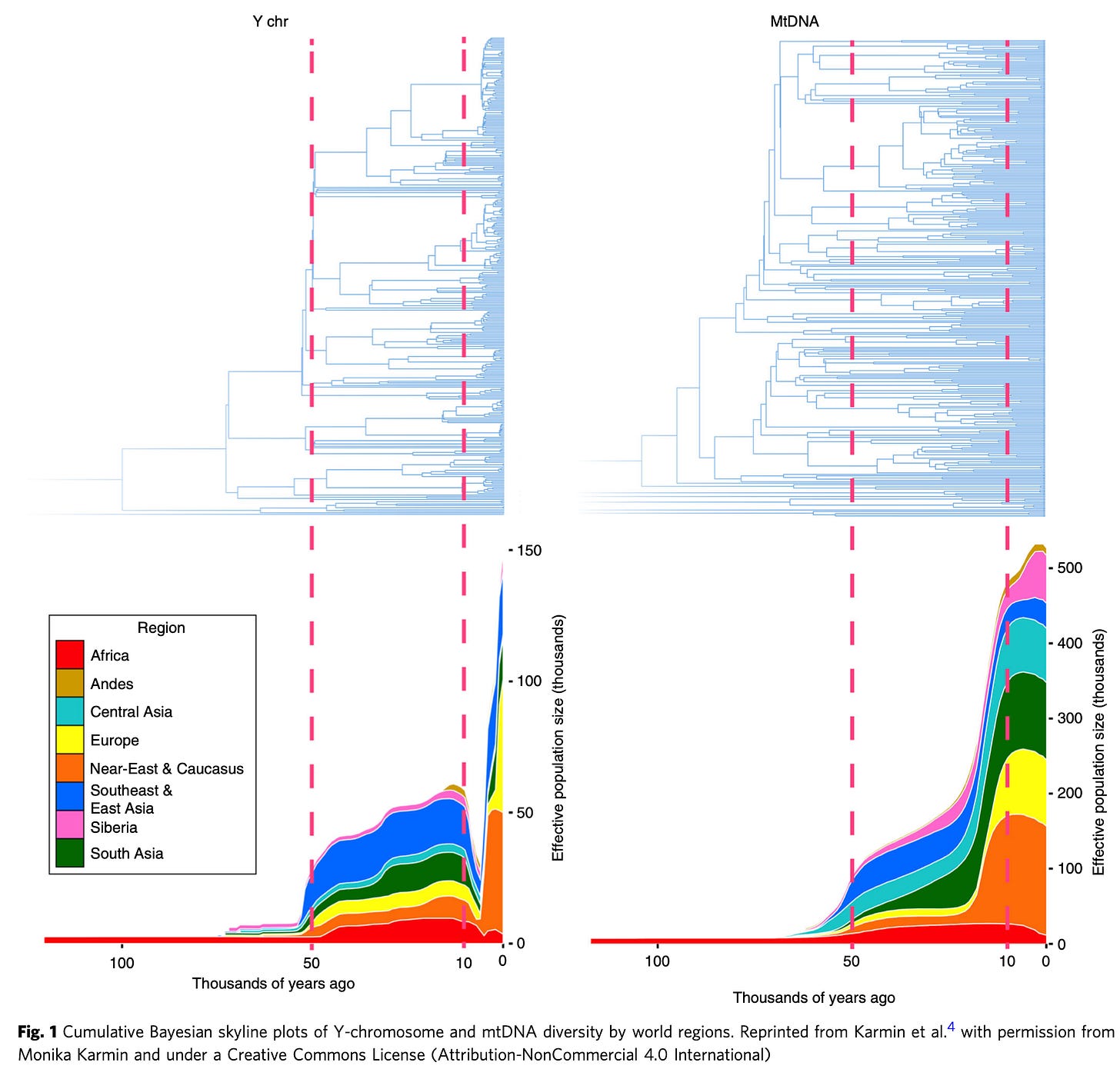
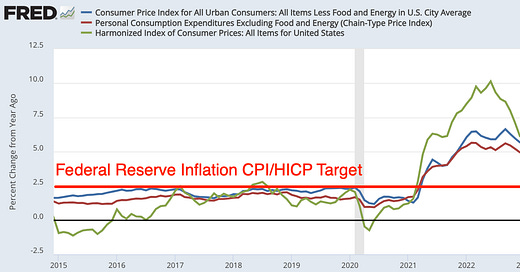



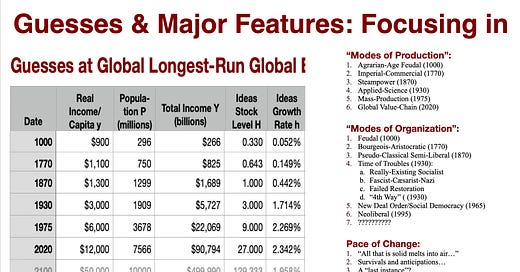

I always thought W. F. Buckley was creepy, but reading his defense of White domination of Blacks is just plain icky. These "enlightened whites" were the same folks who spat at, cursed at, and threatened little Black girls going to school; going to school is " equip[ping] the ["]Negro["]-...to cast an enlightened and responsible vote ." But apparently not to Buckley.
3000 years ago? Start of the Iron Age. This is actually the beginning of a lot of specific agricultural developments (rice cultivation in Japan, farming in Kenya)
It's a military turning point as the Iron Age starts.
We're not entirely sure what all the causes were, but 3000 years ago is this, so this is what was happening at that point:
https://en.wikipedia.org/wiki/Late_Bronze_Age_collapse
The previous society disappeared.
This is the same time the Phoenician alphabet is developed.
Massive collapse of societies throughout the Old World, massive new technological developments... I don't think I know enough to pin down which ones are the cause of the end of the male-reproduction bottleneck, but it's quite clear that it's associated with cataclysmic societal change throughout the Old World.